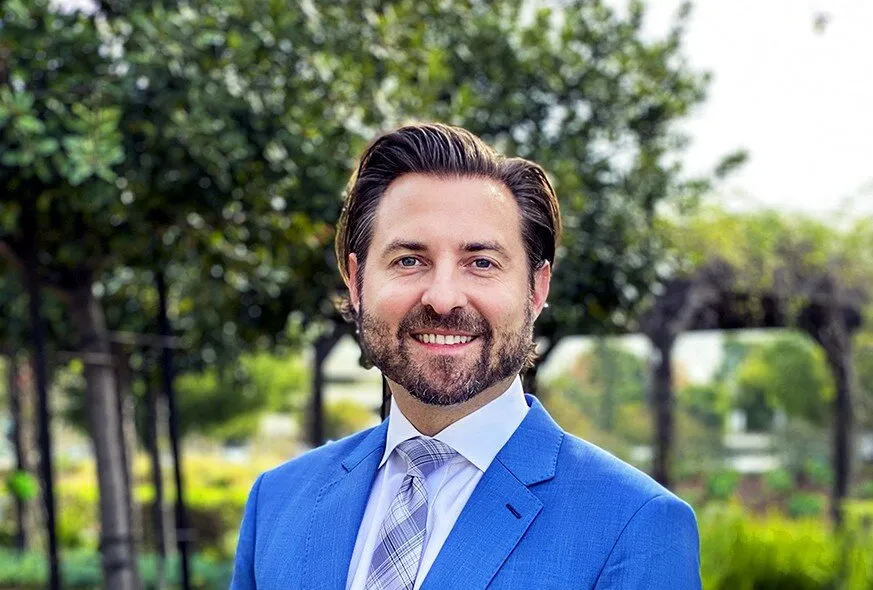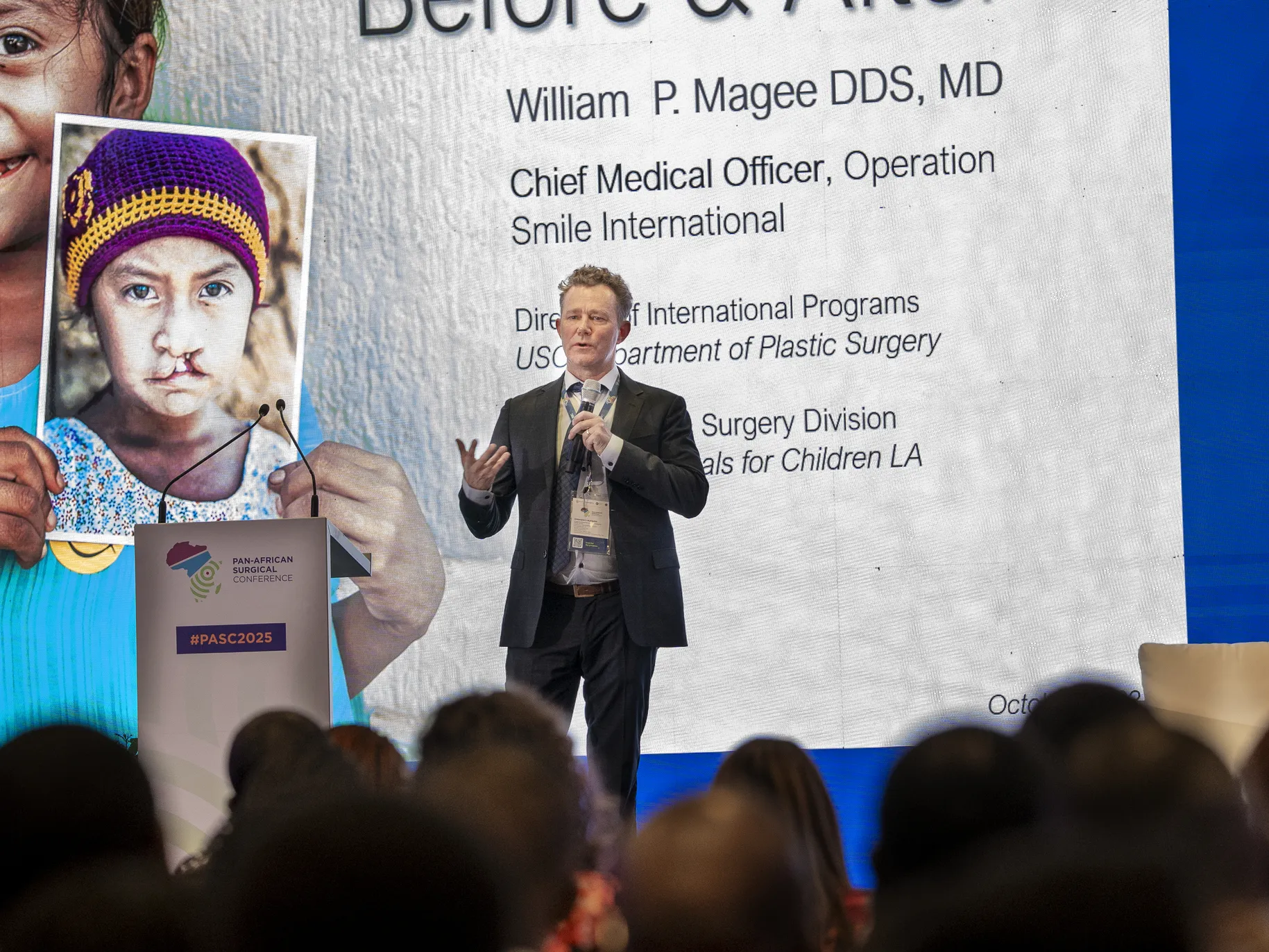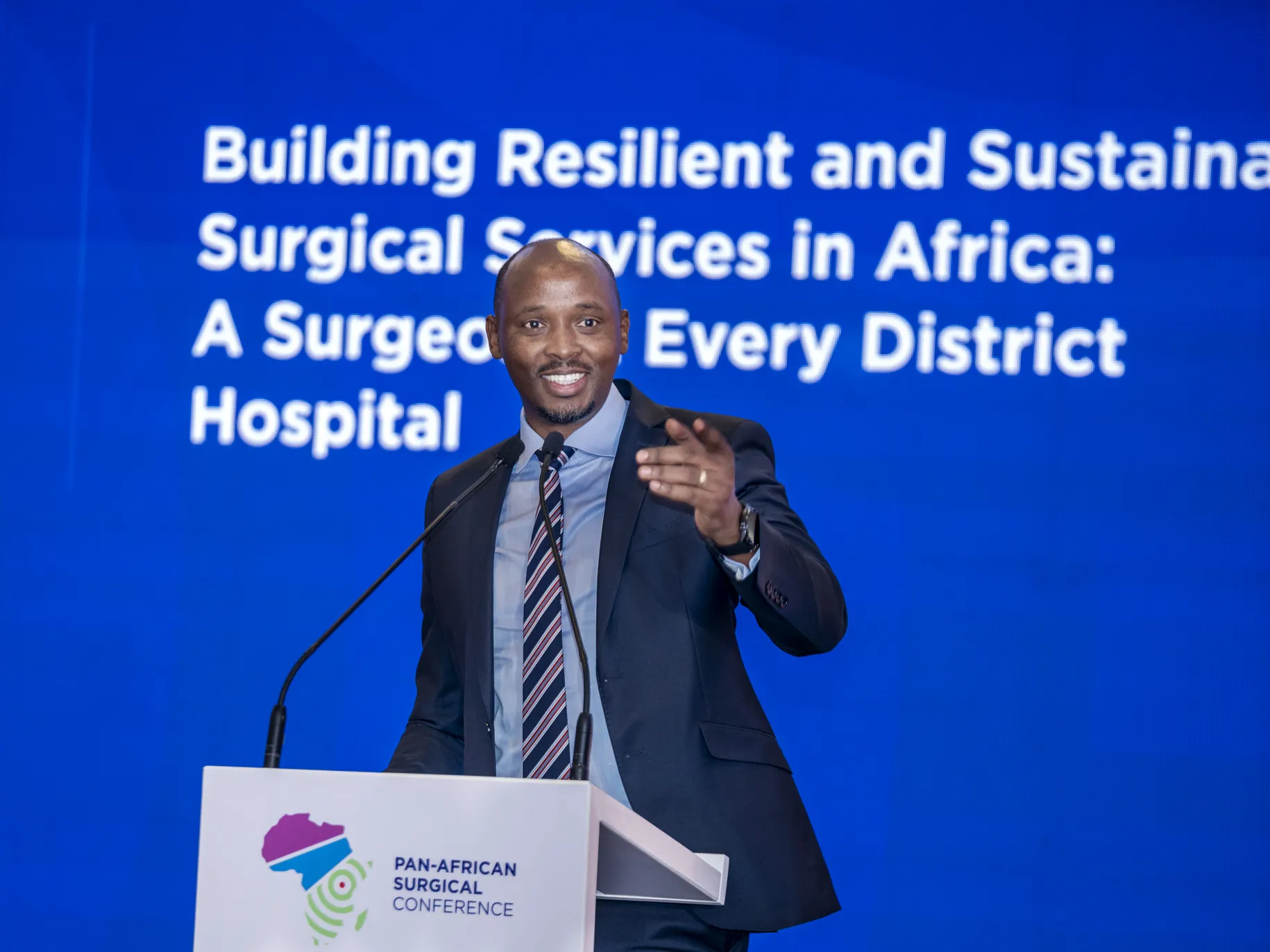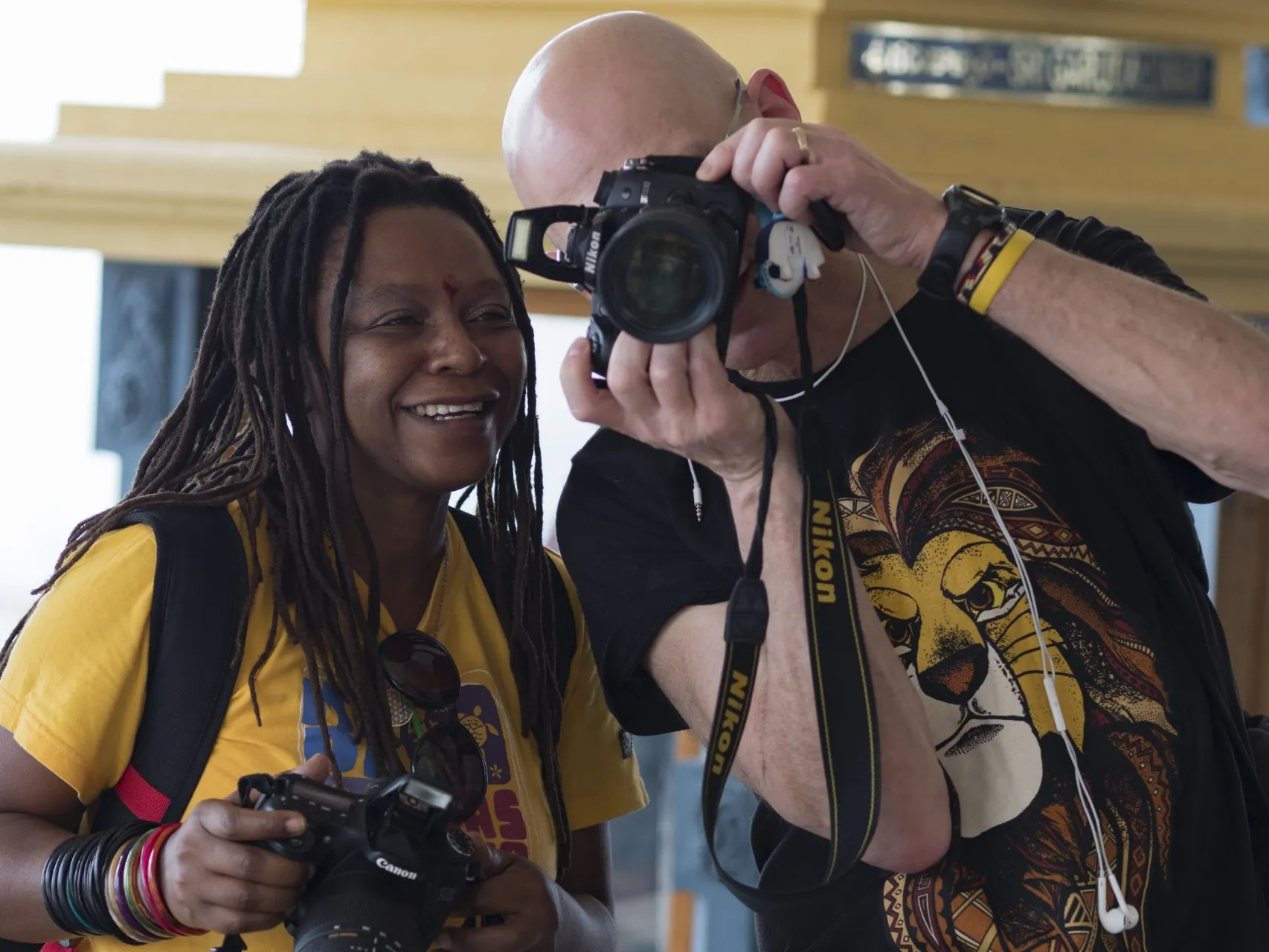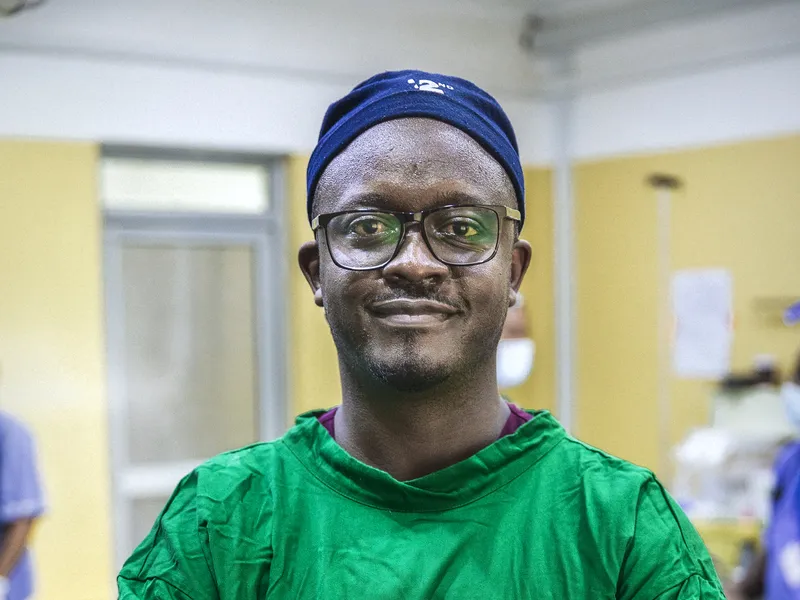Care Providers
From Mentee to Mentor: Q&A with Cleft Surgeon Dr. Robert Beinrauh
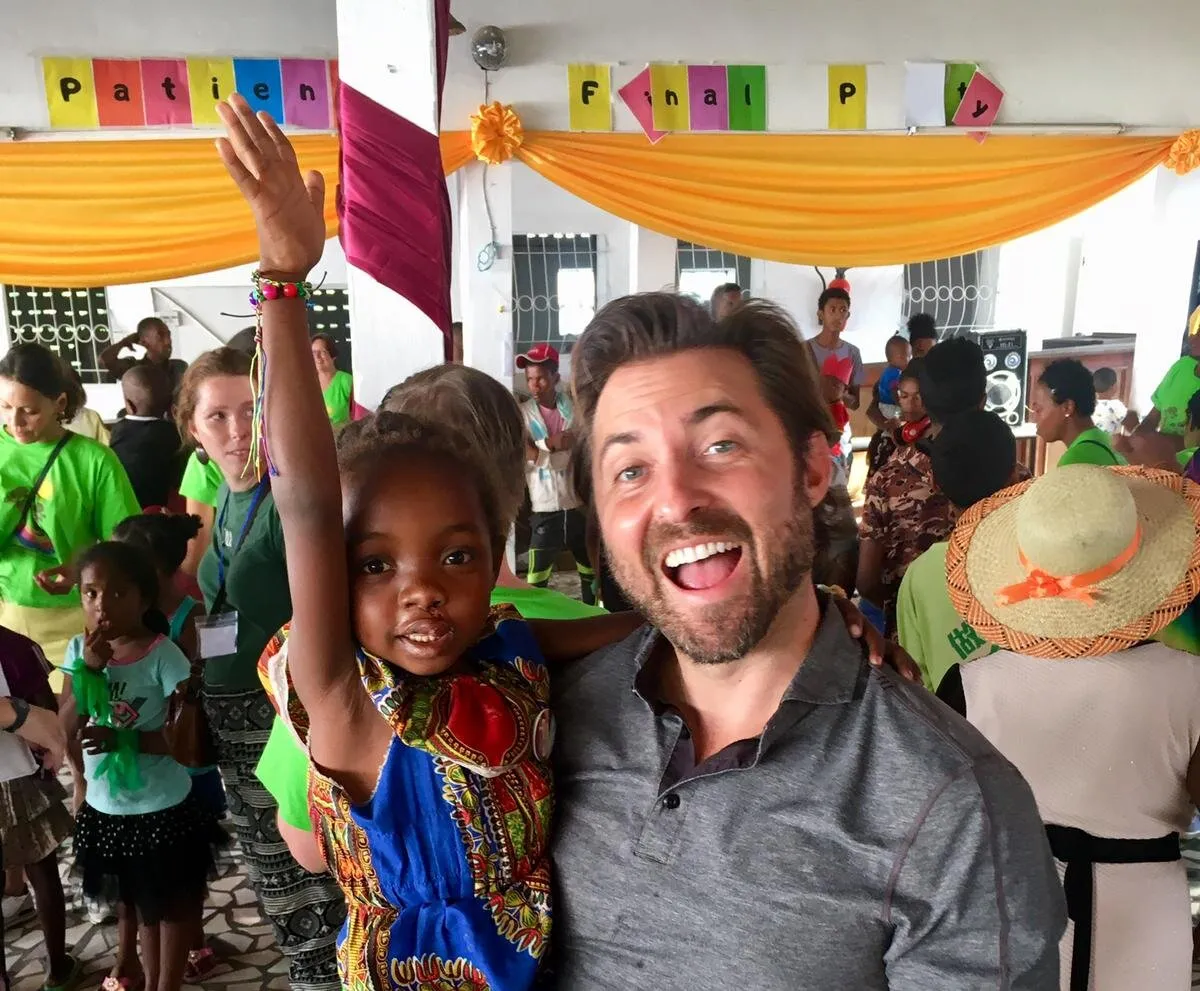
Having served on more than 20 surgical programs with Operation Smile, it’s safe to say that Dr. Robert Beinrauh has touched the lives of patients from all around the world.
In addition to lending his expertise through performing cleft surgery, Robert also helps train future surgeons in Rwanda to help strengthen their health care system in the country.
Currently, Robert is a plastic and reconstructive surgeon at Kaiser Permanente in West Hollywood, California. He first became involved with Operation Smile while completing his residency at Michigan State University.
Robert’s mentor, Dr. Steve Naum, is a longtime volunteer surgeon who remains highly involved in our programs to this day. Steve encouraged Robert to pursue a fellowship with the organization, and in 2010, he was chosen by Operation Smile Co-Founder Dr. Bill Magee to join our team of international fellows.
During his time as a fellow, Robert discovered his passion.
“After this experience, I knew I would be involved in this organization for life,” Robert said. “I saw firsthand the amount of work and effort the organization does around the world to help children, and I was hooked.”
Steve is also a central figure in the development of the rotations in Rwanda. The residency program started in part because there were only two plastic surgeons serving nearly 10 million people in Rwanda. When Steve approached Robert about needing help training the surgeons, he jumped at the opportunity.
We recently had the chance to talk to Robert and learn more about his volunteer work with Operation Smile and his career as a plastic and reconstructive surgeon.
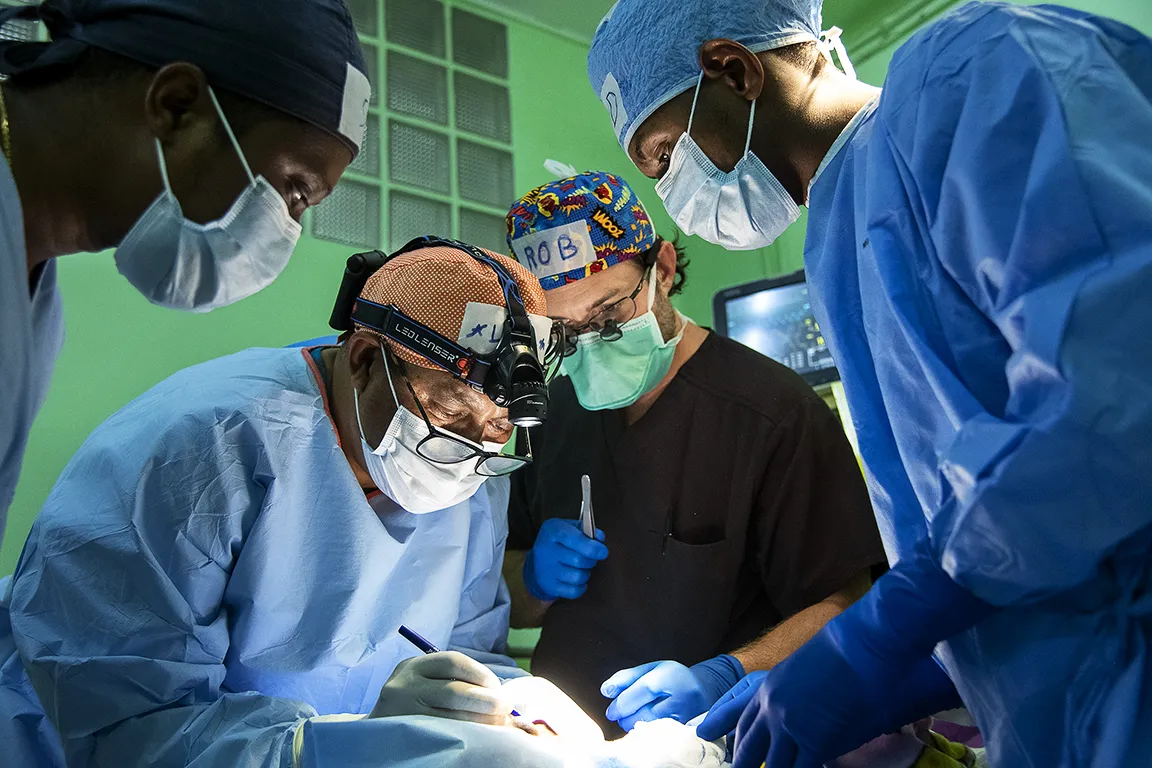
Q: What inspired you to pursue a career in the medical field? Did you always aspire to be a surgeon?
A: “My interest in medicine stemmed from a desire to do international work. I didn’t know what or how at the time, but in college, I was looking into joining the Peace Corps. After several discussions there, I found that having a medical degree could open many more avenues to help the international community. I knew that was my path and adjusted my courses from a history major and applied to medical school. I was accepted to Rush University, and the rest is history.”
Q: In your opinion, how would you describe the health benefits that Operation Smile patients receive after cleft surgery?
A: “The health benefits are great. Children and adults need functioning palates for proper speech. Truly one of the most important things that human beings need is an ability to communicate. Giving people this ability opens their life to innumerable opportunities. The mental health aspect of the repair of the cleft lip and cleft palate run deep but are difficult to quantify.
“The girls and boys who don’t receive cleft repair surgery may never be able to marry, move from the family home or have a fulfilling career. In a way, stifling them from the potential of living full and happy lives. It truly is unknowable as to the power of changing this for them with surgery for their future.”
Q: What do you love most about helping patients around the world to smile and live healthier, happier lives?
A: “I love this work. Having the ability to change people’s lives for better and getting to see the pure joy and happiness from them and their families is indescribable. Volunteering with Operation Smile allows me to really affect people in a positive way when they may never have had the opportunity to receive surgery, let alone see a doctor, ever in their lives. Honestly, the reason most people take the time to become a physician is to help people and improve their lives.”
Q: Can you tell us a particular story or moment with a patient that touched your heart while on a program?
A: “I was in Kinshasa, Democratic Republic of the Congo, finishing surgery on the last day of the [program]. Being the last surgeon in the last case everyone was cleaning up around me. The clinical coordinator stopped at the table and mentioned two more patients who arrived. Now the [program] was nearly complete, but the story was a 13-year-old boy and his 7-year-old sister spent three days on a raft coming down the Congo River together without their parents to try and receive cleft surgery. They’d never even seen a doctor before.
“My heart just ached for them and their journey and their desire for surgery. We put them on the surgical schedule, of course, and were able to do them both. Still brings tears to my eyes thinking about the strength of those two kids. I’ll never forget them.”
